Urea for Ice Melt
dottyinduncan
14 years ago
Featured Answer
Sort by:Oldest
Comments (11)
dottyinduncan
14 years agoRelated Professionals
Simpsonville Landscape Architects & Landscape Designers · Wilmington Landscape Contractors · College Park Landscape Contractors · Eagle Landscape Contractors · Hawaii Landscape Contractors · Laguna Hills Landscape Contractors · Las Vegas Landscape Contractors · New Braunfels Landscape Contractors · Oak Harbor Landscape Contractors · Royal Oak Landscape Contractors · Tuscaloosa Landscape Contractors · Clarksburg Fence Contractors · Fullerton Fence Contractors · Lenexa Fence Contractors · Orange County Fence ContractorsEmbothrium
14 years agobotann
14 years agoreg_pnw7
14 years agomuddydogs
14 years agogardengal48 (PNW Z8/9)
14 years agoEmbothrium
14 years agomydogsandme
14 years agofayremead
14 years agomilligi
11 years ago
Related Stories

HOME TECHIce Cubes Are Obsolete! New Technology Is Way Cooler
Chill drinks the smarter way than using messy old ice, with these new home tech solutions
Full Story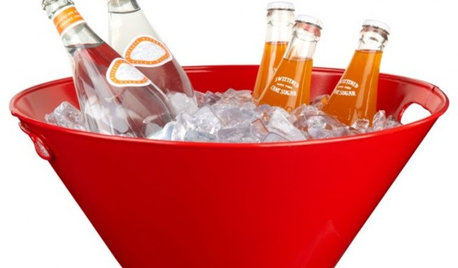
PRODUCT PICKSGuest Picks: 20 Ice Buckets for Holiday Entertaining
Keep bubbly cool and drinks refreshed with a stylish ice caddy on hand
Full Story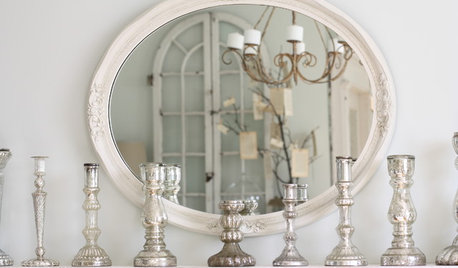
HOUSEKEEPINGThe Simple Way to Remove Wax From Candlesticks
Before you make a mess of things, read these easy steps for removing melted wax from your candlesticks
Full Story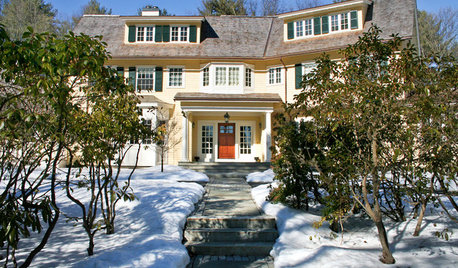
GARDENING AND LANDSCAPINGTake a Winter Walk on the Safe Side
Learn how to handle snow, ice and other cold-weather landscape factors to minimize falls and damage
Full Story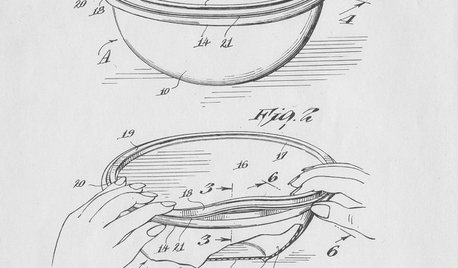
FEATURESHow Tupperware’s Inventor Left a Legacy That’s Anything but Airtight
Earl S. Tupper — and his trailblazing marketing guru, Brownie Wise — forever changed food storage. His story is stranger than fiction
Full Story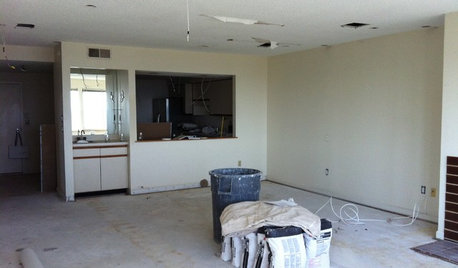
DISASTER PREP & RECOVERYRemodeling After Water Damage: Tips From a Homeowner Who Did It
Learn the crucial steps and coping mechanisms that can help when flooding strikes your home
Full Story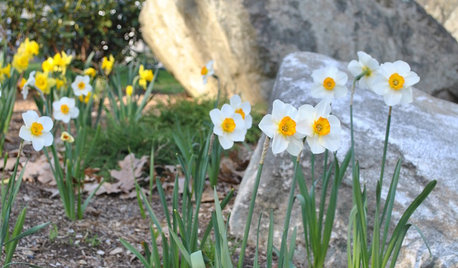
GARDENING AND LANDSCAPINGSpring Blossoms Burst Into the Big City
Warm weather has lured busloads of gorgeous flowers to New York, from shy buds to full-blown blooms
Full Story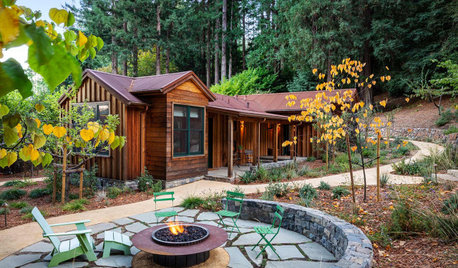
FALL GARDENING7 Reasons Not to Clean Up Your Fall Garden
Before you pluck and rake, consider wildlife, the health of your plants and your own right to relax
Full Story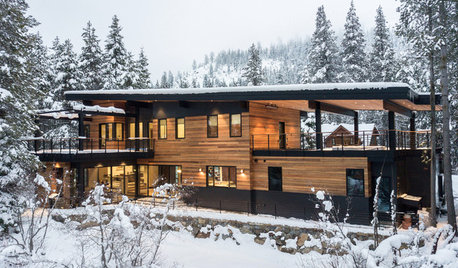
MONTHLY HOME CHECKLISTSYour Winter Home Maintenance Checklist
Keep your home and yard safe and running smoothly as temperatures drop and activity moves indoors
Full Story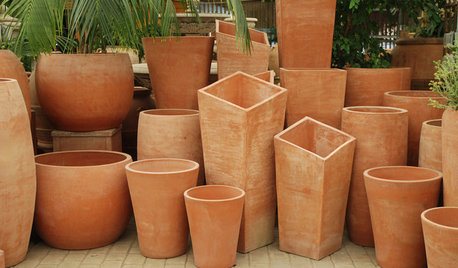
CONTAINER GARDENSBeat the Frost With Natural Terra-Cotta Containers
Here's how to protect your pots during the cold winter months
Full Story






Embothrium